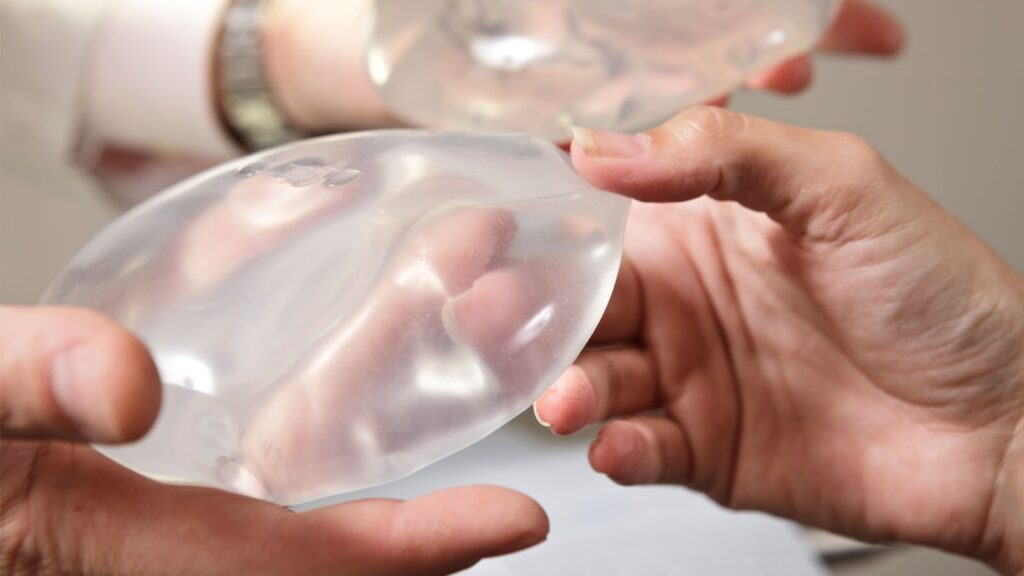Squamous Cell Carcinoma and Various Lymphomas Located in the Capsule around Breast Implants
On March 22, the US Food and Drug Administration (FDA) issued an update to its March 8 safety communication regarding reports of squamous cell carcinoma (SCC) and lymphomas in the capsule around breast implants. This summarizes the updated information provided by the FDA, discusses associated risks, and offers FDA recommendations for healthcare professionals and patients.
Updated SCC Cases Information
The FDA’s updated safety communication reveals new data on SCC cases in the capsule surrounding breast implants. As of September 2021, the FDA has received 49 Medical Device Reports (MDRs) of SCC in the capsule around breast implants, including 32 unique cases. Of these 32 cases, 20 were reported in the United States, and 12 were reported internationally. The FDA emphasizes that these numbers may change as new information emerges and as cases are further evaluated.
Associated Risks
While the overall risk of developing SCC in the capsule around breast implants remains low, the FDA acknowledges that the exact incidence and prevalence of this cancer are currently unknown. Healthcare professionals and patients should be aware of this potential risk and monitor for any signs of complications.
Recommendations for Healthcare Professionals
Healthcare professionals should stay informed about the updated information on SCC cases in the capsule around breast implants and educate patients accordingly. The FDA recommends the following:
- Continue routine clinical follow-up and monitoring of patients with breast implants.
- Consider the possibility of SCC in the capsule around breast implants when evaluating patients presenting with persistent pain, swelling, or other symptoms around their implants.
- Report any cases of SCC in the capsule around breast implants to the FDA’s MedWatch Voluntary Reporting System.
Recommendations for Patients
Patients with breast implants should follow the recommendations provided by their healthcare professionals and maintain regular follow-up appointments. The FDA advises patients to:
- Be aware of the updated information on the potential risk of SCC in the capsule around breast implants.
- Report any changes, such as pain, swelling, or other symptoms, around their implants to their healthcare professional.
- Follow their healthcare professional’s recommendations for routine follow-up and monitoring.
Conclusion
The FDA’s updated safety communication on reports of squamous cell carcinoma in the capsule around breast implants highlights the need for ongoing vigilance and research in the field of breast implant safety. While the overall risk remains low, healthcare professionals and patients should be aware of these potential risks and remain vigilant in monitoring for any signs of complications. By staying informed and following the guidance provided by the FDA, healthcare providers and patients can work together to ensure the best possible outcomes for those with breast implants.
Links
Read the initial announcement and update here.

